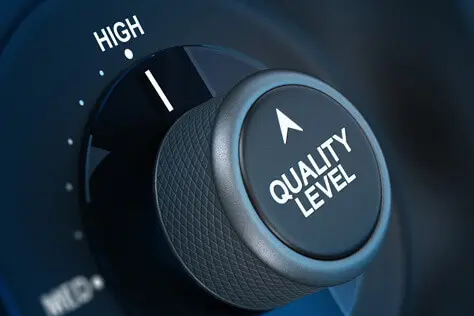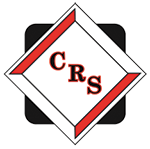In this blog post, we’ll discuss how remote registry data abstraction can improve the quality of data collected and analyzed by organizations. Remote abstractors can use specialized tools and techniques to accurately extract, validate, and organize data from a variety of sources. This ensures that data is accurate, consistent, and complete, leading to more reliable insights and better decision-making.
Registry data abstraction involves the process of extracting, organizing, and validating data from various sources, such as clinical trials, observational studies, and registry databases. This data is used to inform research, policy, and clinical decision-making, and is critical for advancing our understanding of diseases and treatments.
By using remote registry data abstraction services, organizations can access the skills and expertise of trained professionals without the need to hire additional staff. This can lead to significant cost-savings, as hiring and training new employees can be time-consuming and costly. In addition, remote data abstraction allows organizations to take advantage of the latest technologies and best practices in data extraction and validation. This can improve efficiency and accuracy, leading to more reliable insights and better decision-making.
Remote registry data abstraction also offers flexibility and convenience. With remote teams, organizations can access data abstraction services from anywhere in the world, allowing them to respond quickly to changing market conditions and opportunities. This can be especially valuable in the fast-paced world of research and healthcare, where the need for accurate and timely data is constant.
Overall, the benefits of remote registry data abstraction are numerous and significant. From cost-savings and improved efficiency to flexibility and access to expertise, remote data abstraction can be a valuable tool for organizations looking to leverage the latest technologies and best practices in data collection and analysis.
Accurate and reliable data is critical for informed decision-making in research, policy, and clinical practice. However, collecting and organizing data from various sources can be a time-consuming and resource-intensive process. This is where remote registry data abstraction can be invaluable.
Remote registry data abstraction involves the process of extracting, organizing, and validating data from various sources, such as clinical trials, observational studies, and registry databases. By using remote data abstraction services, organizations can leverage the skills and expertise of trained professionals to ensure that data is accurately extracted, validated, and organized. This helps to improve the quality of the data collected and analyzed, leading to more reliable insights and better decision-making.
In addition to improving the accuracy and reliability of data, remote registry data abstraction can also help to ensure that data is consistent and complete. This is especially important when working with data from multiple sources, as inconsistencies and gaps can compromise the integrity of the data set. By using remote abstractors, organizations can ensure that data is consistently extracted and validated, resulting in a more comprehensive and reliable data set.
Overall, the use of remote registry data abstraction can significantly improve the quality of data collected and analyzed by organizations. By leveraging the skills and expertise of trained professionals, organizations can ensure that their data is accurate, consistent, and complete, leading to more reliable insights and better decision-making.


